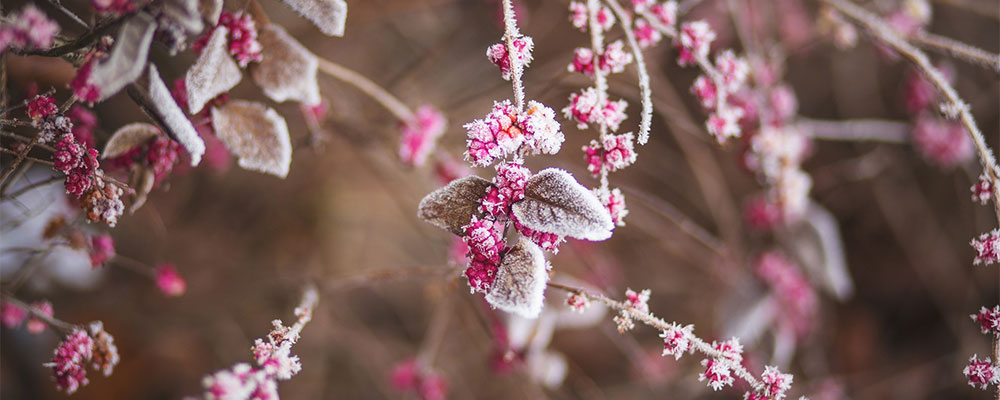The organs in Chinese medicine are more than just a physical representation. The organs include not only their physiological function, but also mental, emotional, spiritual and elemental qualities that align with nature and the seasons. Let’s explore the kidneys.

The kidney element in Chinese medicine governs water and is associated with the season of winter, where the energies are turning from the hotter yang months to the more yin of winter. Each organ has an element associated with it: liver and wood, stomach and earth, kidney and water, for example. There is also an emotion, a color and flavor associated with the organ system. For the kidneys, the emotion is fear, the color is dark or black and the flavor is salty. It also opens to the ear, has the direction of north and is paired with the bladder. The kidney element houses willpower and manifests in the teeth and luster of the hair.
The kidneys are the body’s root and contain both yin and yang energies. Yin is associated with what is dark, still, cold, feminine and is inward. Yang is more outward, hot, bright, moving and masculine. The kidneys control reproduction, growth and development and are associated with bones and marrow. The kidneys are said to store jing, which is likened to essence, what you’re born with and what’s inherited from your parents.
There are two types of essence:
- Pre-natal is from your parents and can be likened to one’s basic constitution and DNA.
- Post-natal is what is transformed from the food you eat and lifestyle.
The second you have more control over health-wise. Ideally, there is a nice balance of kidney yin and yang energies, but if there is yin deficiency, there will be symptoms such as heat, sweating, dryness, irritability, insomnia and low back pain. If there is yang deficiency there are more cold signs such as cold extremities, cold and painful lower back, increased urinary frequency, fatigue, premature greying, water retention and low libido. There can also be an emotional component manifesting as increased phobias and anxieties. Many of the above mentioned symptoms can be tied to the thyroid and adrenal fatigue in Western medicine.
How to care for your kidney this winter:
Keep warm: The kidneys are affected by exposure to cold. Try a nice scarf to protect your neck from the elements, and keep your feet and low back warm in those frosty winter months. Moxibustion, which is heated mugwort, is a wonderful supplement to acupuncture that warms particular acupuncture points on the body.
Eat warm: Foods that are beneficial to the kidneys (in moderation) tend to be dark in color such as black beans, sesame seeds, seaweed, kelp, lamb and beef. Other beneficial warming foods include ginger, cinnamon, miso soup, soybeans, walnuts, chives and Goji berries. It’s best to see your acupuncturist or other health care professional to get an idea of foods that are good for your particular constitution, as some of these foods can be harmful if taken in large amounts (kelp and seaweed, in particular). It’s also best to not eat too many cold, raw vegetables or cold smoothies. Also try to ingest food and drink at room temperature. There are wonderful herbal formulas to assist the kidneys that your acupuncturist can include in your treatment plan.
Light exercise: Light exercise such as tai qi, qi gong or walking has wonderful health and anti-aging benefits and won’t cause exhaustion.
Avoid overwork, overexertion, high stress: Overdoing it depletes your kidney energy, and you might experience ill effects of burnout that are usually associated with adrenal fatigue. Ancient Chinese medical texts also recommend curbing excessive sexual activity to keep kidney energy strong and vibrant and to increase longevity.


